Get Paid $10 for Your Class Action Idea!
Think you’ve spotted the next big class action lawsuit? We want to hear about it. And we’ll pay you $10 within 24 hours for any viable, unfiled case idea!
Have You Experienced or Spotted a Potential Class Action Lawsuit?
How It Works
We are standing by to investigate and explore potential class action cases. We need your help and are willing to compensate $10 each for potential case idea.
1. Submit your class action idea below—be as detailed as possible.
2. If your idea is viable and hasn’t already been filed, we’ll send you $10 within 24 hours via Zelle.
3. If your idea leads to a case, you could be part of holding companies accountable!

We are interested to hear your ideas.
What Qualifies as a Good Class Action Case?
A good class action case affects many people in the same way due to a company’s deceptive, harmful, or unfair practices. Strong cases typically involve:
✔️ Widespread Impact – The issue affects a group of people, not just a single person.
✔️ Clear Wrongdoing – A company is engaging in fraud, false advertising, safety risks, privacy violations, or illegal fees.
✔️ Evidence & Complaints – There are customer complaints, reports, or proof of the issue happening repeatedly.
If your idea fits these criteria, submit it for review and get paid $10.
Submit Your Idea
Have a case idea? Don’t wait—submit it now and get paid!
Examples of Class Action Cases Previously Submitted
Companies get away with false advertising, unfair fees, defective products, and privacy violations all the time. But when enough people are affected, a class action lawsuit can hold them accountable.
We’re looking for new class action ideas, and we’ll pay you $10 instantly for sharing a viable, unfiled case. Not sure if your idea qualifies? Below are some common examples of strong cases that we have been involved with in the past. It's by no means comprehensive, but will hopefully give you some ideas.
If you’ve seen something similar—or know of a new issue—submit your idea and get paid today!
False Reference Pricing – "Always on Sale" Scams
Retailers often advertise “huge discounts” on products that are never actually sold at full price. This is misleading and can be considered deceptive advertising.
Example: A furniture store claims a couch is “50% off for a limited time,” but in reality, the discounted price has been the same for months or even years.
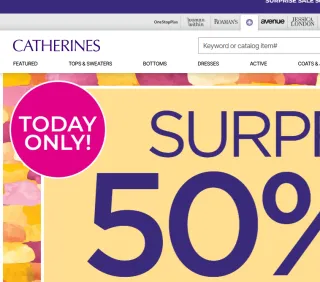
Employment Violations – Unpaid Work & Wage Theft
Some employers fail to compensate workers for required time on the job, violating wage laws.
Example: A retail or warehouse worker is forced to go through bag checks and security screenings before or after their shift but is not paid for that time. This is illegal in many states.

Product Defects & Safety Hazards
Companies sometimes release dangerous or malfunctioning products that put consumers at risk.
Examples:
- Noco Powerbank Jumpstarter – Reported failures where the product does not hold a charge or work as advertised, leaving users stranded.
- Stanley String Trimmer – A defect in the design leads to serious lacerations or injuries.
- Baby Bassinet Safety Issue – A bassinet tilts or collapses, causing infants to suffocate due to improper sleeping angles.
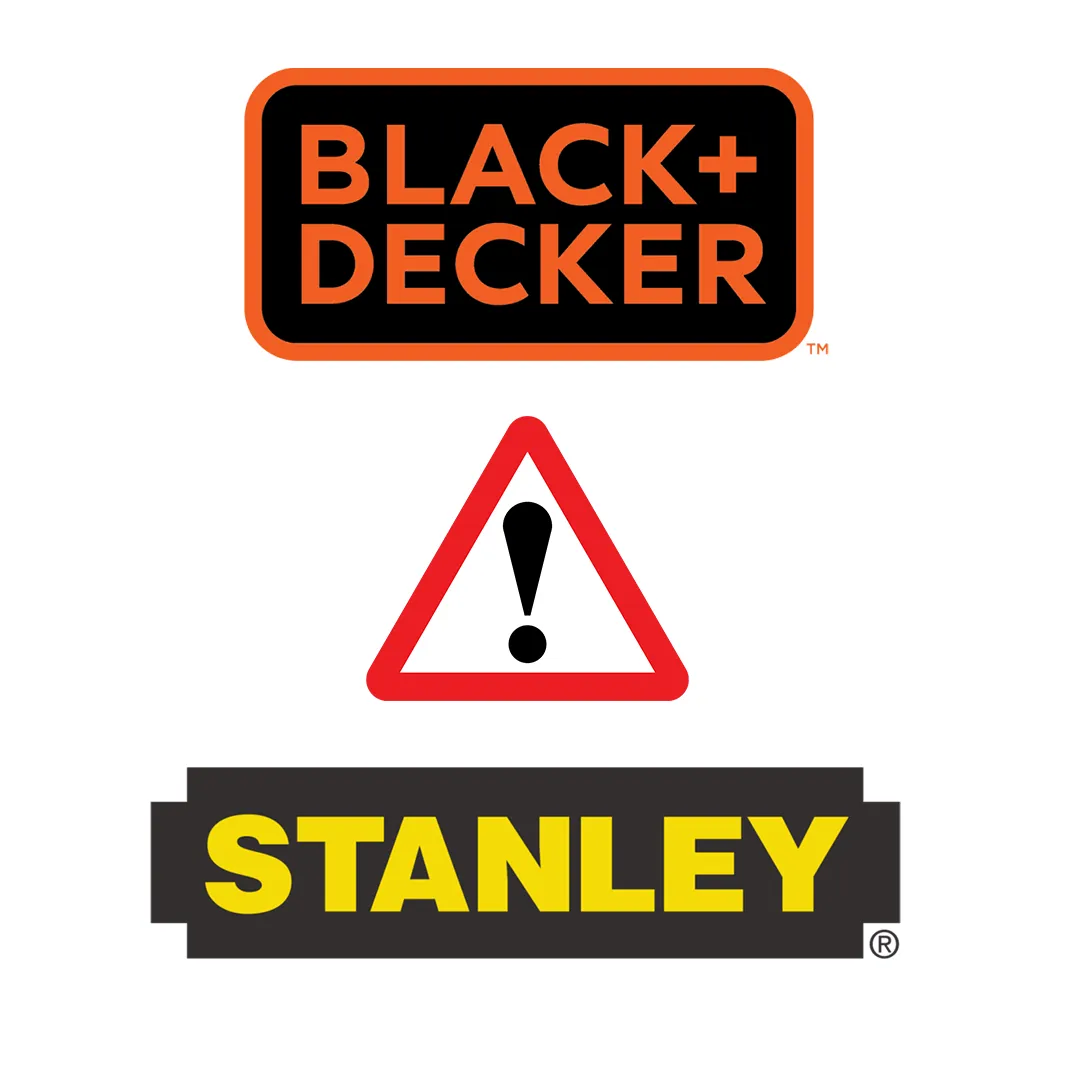
Subscription & Cancellation Issues
Many companies make it impossible to cancel subscriptions, violating consumer protection laws.
Example: A gym, streaming service, or even a meal planning service forces users to call a hidden phone number or mail a cancellation request, even though signing up was instant and online.

False Advertising – Fake "All-Natural" Products
Some products claim to be “100% natural” or “chemical-free” when they actually contain synthetic or harmful ingredients.
Example: A shampoo brand or health care item markets itself as "all-natural", but the ingredients list includes sulfates, artificial fragrances, and preservatives.
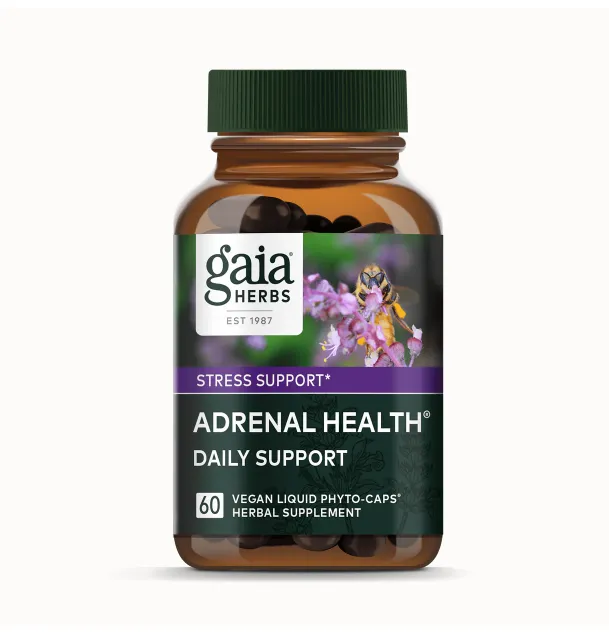
Bogus Fees & Unfair Charges
Many companies add hidden fees that are either unjustified or illegal.
Examples:
- Mortgage Fees – Banks add undisclosed processing or convenience fees when applying for a loan.
- Online Bill Pay "Convenience Fees" – Some utility companies charge extra for paying your bill online, even though they encourage digital payments.
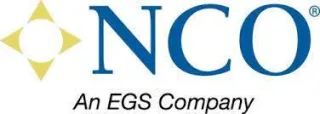
Anti-Trust & Price Fixing
Some industries secretly work together to inflate prices, preventing fair competition.
Examples:
- Luxottica Price-Fixing – A single company owns multiple eyewear brands (Ray-Ban, Oakley, etc.) and controls pricing, making glasses much more expensive than they should be.
- PVC Piping Industry – All major PVC manufacturers increase prices at the same time without a valid reason, suggesting collusion.
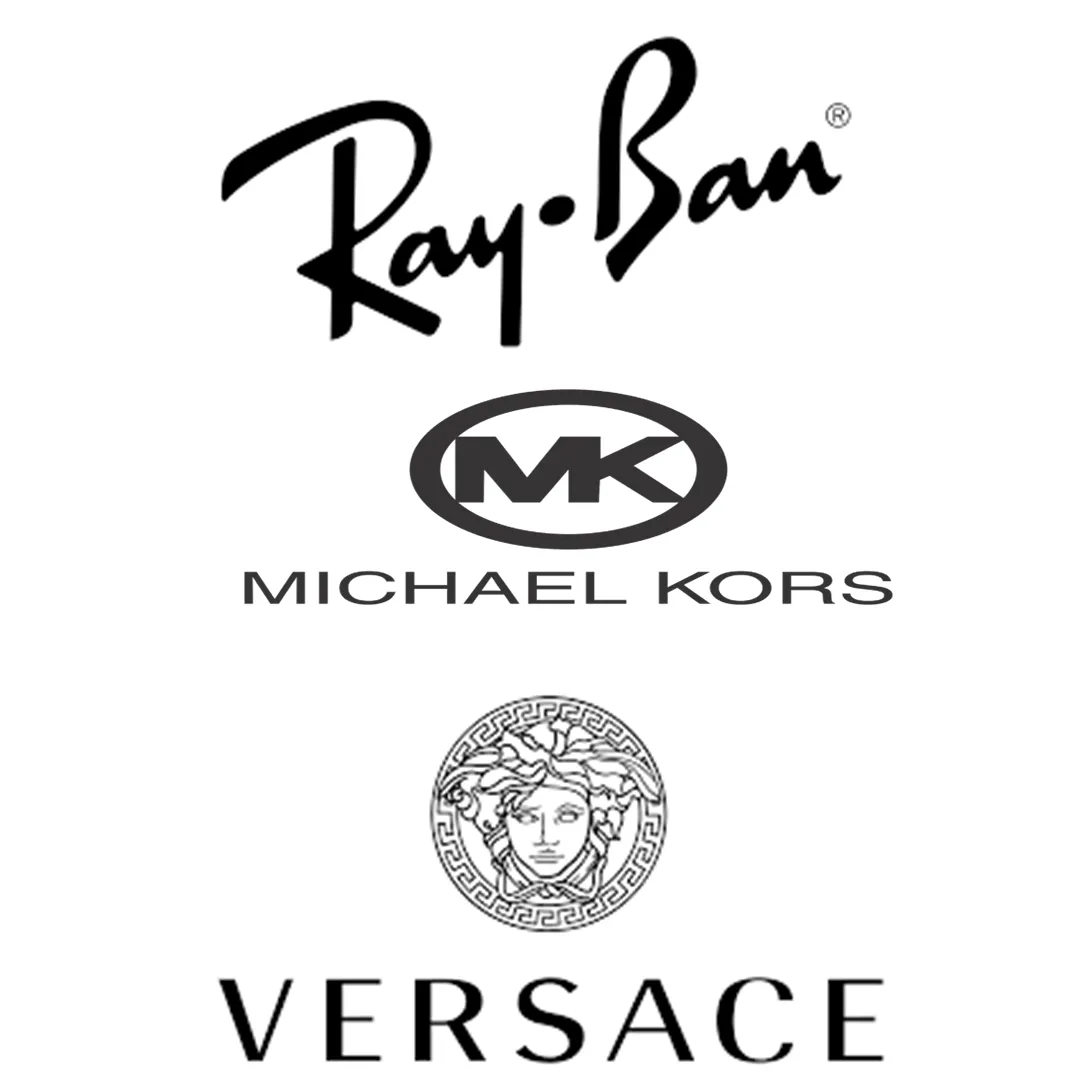
Privacy Violations – Selling Your Data Without Consent
Companies often sell your personal data to advertisers without your permission, which is a violation of privacy laws.
Example: You only gave your phone number to one company, but suddenly, you start getting spam calls and targeted ads for things you never searched for—a sign your data was sold.

Automotive Safety Issues
Automakers sometimes release vehicles with dangerous defects and fail to properly recall them.
Examples:
- Chevrolet/GMC Power Steering Failures – Vehicles suddenly lose power steering while driving, making them unsafe to operate.
- Audi E-Car Battery Fires – Electric car batteries catch fire unexpectedly, leading to serious risk of injury.
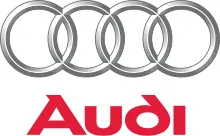
Company Negligence – Harmed by a Large Corporation
If a company’s carelessness causes financial loss, injury, or harm to a large group of people, it could qualify for a lawsuit.
Examples:
- A pharmaceutical company fails to warn about dangerous side effects of a medication.
- A bank accidentally charges thousands of customers extra fees due to a system error but refuses to refund them.

Have an Idea? Submit Your Case Below & Earn $10!
If you know of a company scamming, deceiving, or harming consumers, let us know. If your idea is viable and hasn’t been filed yet, we’ll pay you $10 within 24 hours!
Copyright 2025 www.StopConsumerHarm.com All Rights Reserved - Terms & Conditions
The information on this website constitutes attorney advertising. Please read our Terms and Conditions for additional information.
